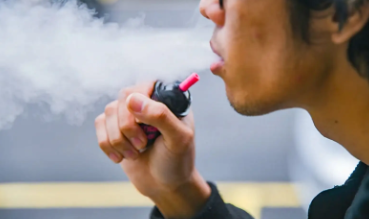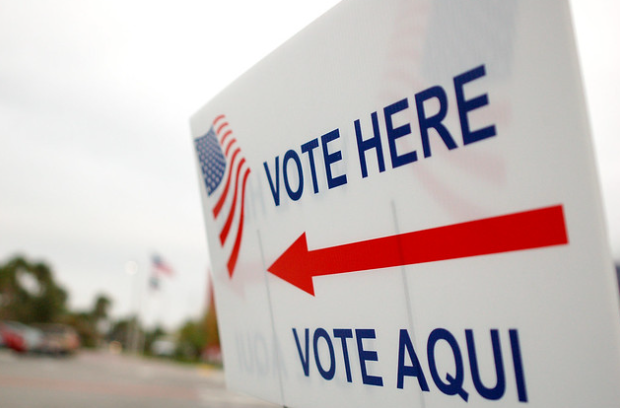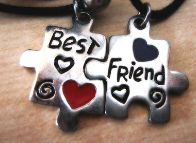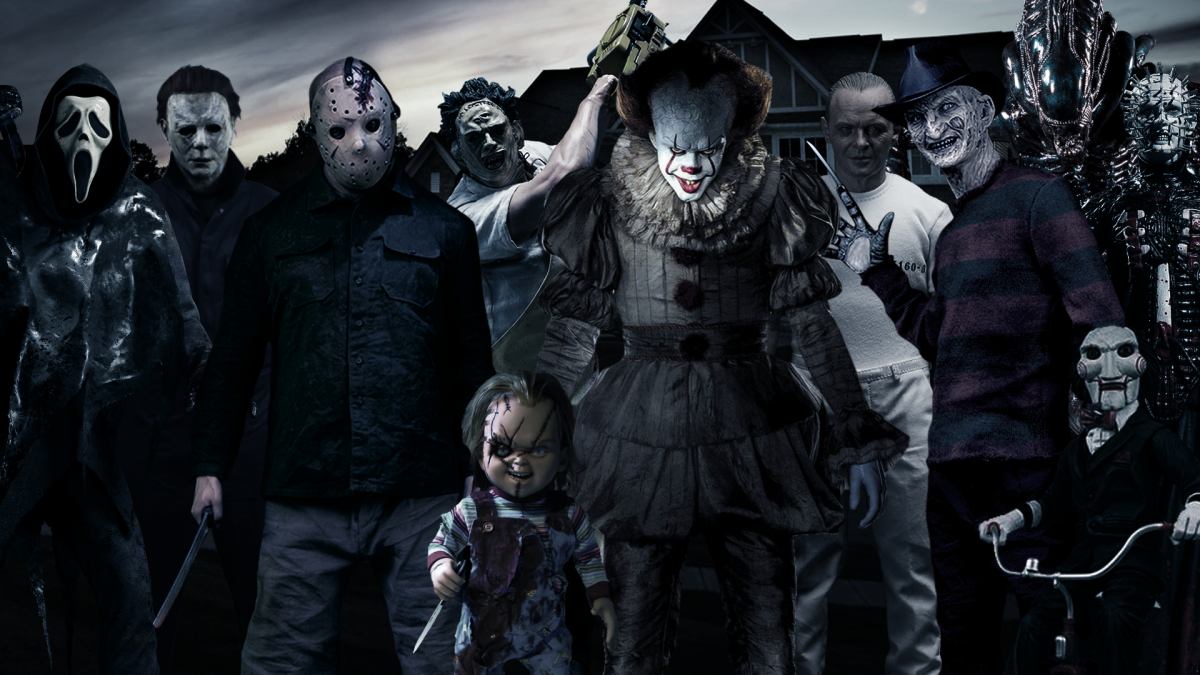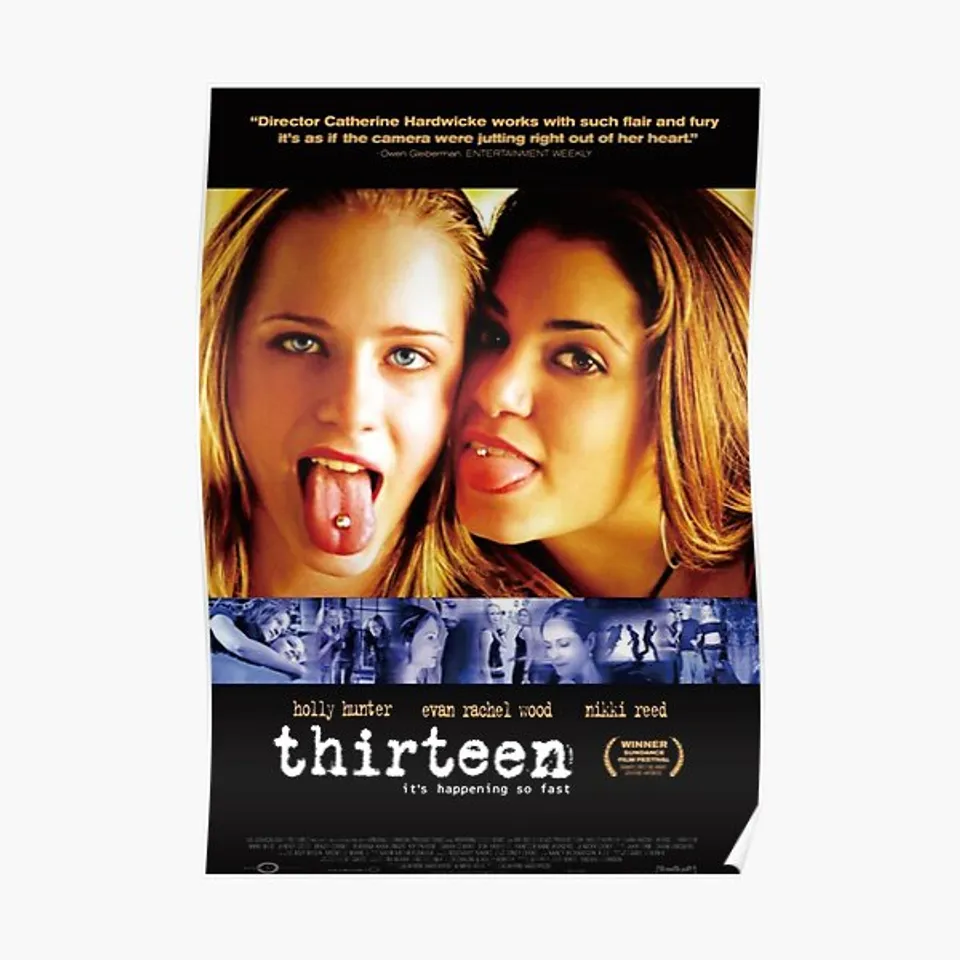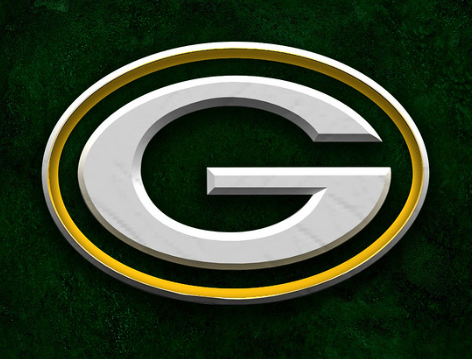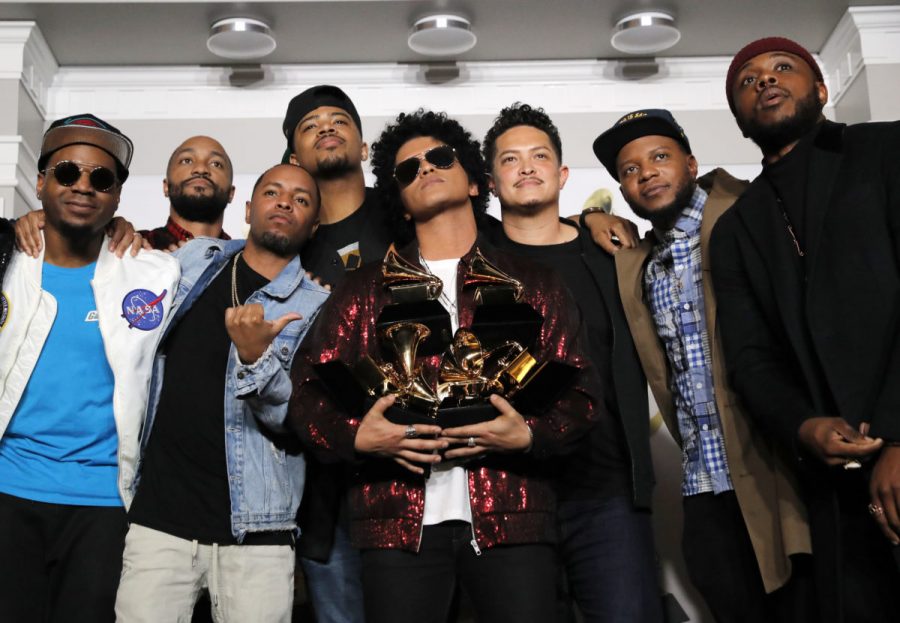The Race to Racial Equality in Hip Hop
(Image via PBS)
February 12, 2020
When we think of hip hop we think of Tupac, B.I.G, Kevin Gates, and others like them. We use to never associate the genre to a man who is white without that “from the street” mentality. Nowadays we still have trouble swallowing the pill of diversity and change. Rappers like Eminem, Logic, and G-Eazy are setting the tone of a much-needed boost of morale for the unspoken issue of rap outside of color. For example, the rapper Eminem talks about abuse, the feelings of being unwanted and other sad but relatable topics to the audience listening. When non-colored artists release music on “touchy’ subjects, other artists can feel mocked within the field. Building the foundation for welcoming diversity to the hip hop world. Welcoming and saying goodbye to artists are the main points of the process, along with building a relationship with the audience. Like when rapper Tupac was killed the field felt a personal loss as did the audience who had/have kept up with his music. The “thug life” mentality heard throughout his music set a tone and honestly categorized hip hop. So when other artists decided to release music that wasn’t focused on the given topic, they were looked at as different. Diversity doesn’t have to be because of the artist’s skin tone but the aspects of their music.
For the rising issue of racial profiling, Eminem is seen as an advocate for change that is long overdue. The reasoning behind this issue has to do with the stereotypical shell that all rappers must have a “corrupted” background. Tupac Shakur left an outline of a perceived aesthetic of what upcoming rappers must have, that they must have a background in the gang field. The way that “white rappers” have used communication to break out of the painted picture look of a successful rapper is by speaking to the audience as if they were having a conversation with them face to face. Developing this type of approach to dealing with the criticism nonblack or lighter skin toned rappers or any musical artist would receive showed the first glimpse of diversity. Prison time or having experience behind bars is also a huge example of a “stamp of approval” on any artist’s name, and if you don’t have any way of relating to that then you aren’t taken seriously. Not only was it the major fact of their skin tones, but it was the sound, the message, the branding, the artist’s background (family, lifestyle,etc.) … That then formed diversity in music, the foundation for change in other words. The rapping community has begun to withdrawal hatred towards white rappers that don’t all stem from the “ghetto” such as NF, Blackbear, and G-Eazy. The way that the industry is moving into a new acceptance is huge, taking a step into the new empowered world. Diversity can now be used as a hello instead of a misguided goodbye.




